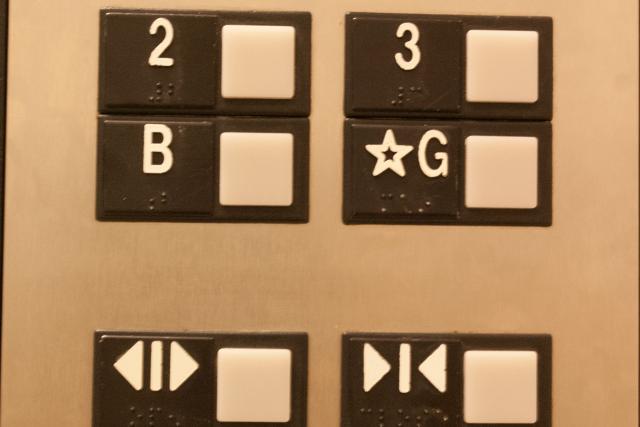Working through the source text of
a translation contest, suddenly the inadequacy of ordinary dictionaries and thesauri was bugging me again. There are at least semi-usable thesauri for English, but for Chinese, there is virtually nothing usable.
(True, the
Revised Dictionary of the National Language is somewhat useful as a thesaurus too, but it is not even comprehensive enough as a dictionary…)
So that quad that I drew in the
summer semester (which I believe
no one really noticed and so no one commented on) suddenly came back to me: We
do need a better thesaurus, and in the fine tradition of Princeton’s
WordNet, it should probably be an open platform where people can contribute.
We really need “a better thesaurus,” for both English and Chinese, where people can look up not only synonyms, hypernyms, hyponyms, and that vague notion they call “sister terms,” but antonyms, emphatics, and causatives (yes, those alledgely Semitic ideas). The lack of
something that can jog our memory to come up with that elusive
causative we invariably need is, in my humble opinion, a serious problem for translators.
Maybe that can be a project, or a paper, or something. I don’t know. Does this
really have anything to do with my program? I never got that feedback I needed.

 What caught my attention was the braille. I’ve seen buttons with star signs before, and what I’d been seeing had been having the star sign “translated” to the letter S—odd to me, but if this is an actual convention then actual blind people probably aren’t going to get confused. However, the first letter for the “ground floor” button was clearly not an S.
So what is it? I took some time trying to decipher it and found that it read “main”. So to a blind person, the building doesn’t have a “ground floor,” but a “main floor.”
I don’t know how others feel, but I think this is an inconsistency.
What caught my attention was the braille. I’ve seen buttons with star signs before, and what I’d been seeing had been having the star sign “translated” to the letter S—odd to me, but if this is an actual convention then actual blind people probably aren’t going to get confused. However, the first letter for the “ground floor” button was clearly not an S.
So what is it? I took some time trying to decipher it and found that it read “main”. So to a blind person, the building doesn’t have a “ground floor,” but a “main floor.”
I don’t know how others feel, but I think this is an inconsistency.